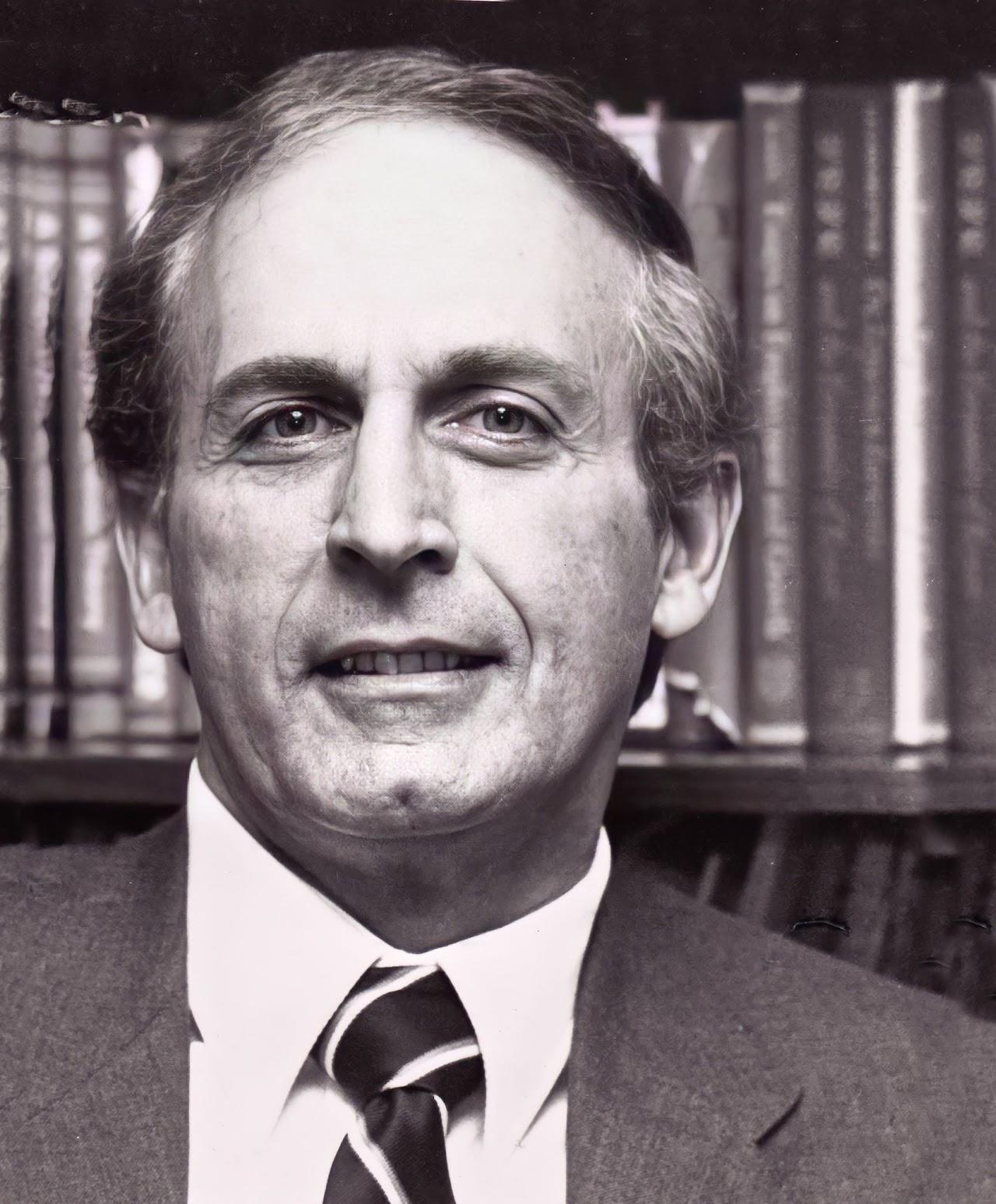But not in the Indian economy. They didn't know how to produce them.
quoted in Conversations with Post Keynesians (1995) by J. E. King
Paul Davidson:
2
Zitate
0
Gefällt mir
Paul Davidson: Zitate auf Englisch
quoted in Conversations with Post Keynesians (1995) by J. E. King
